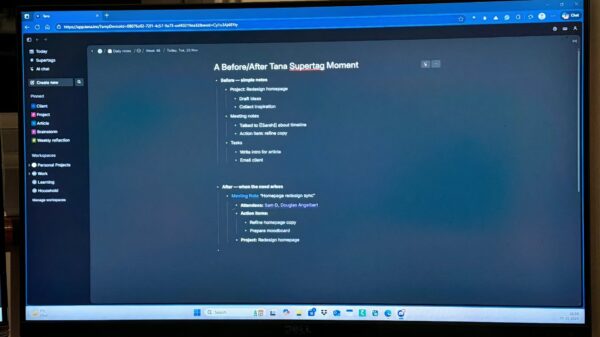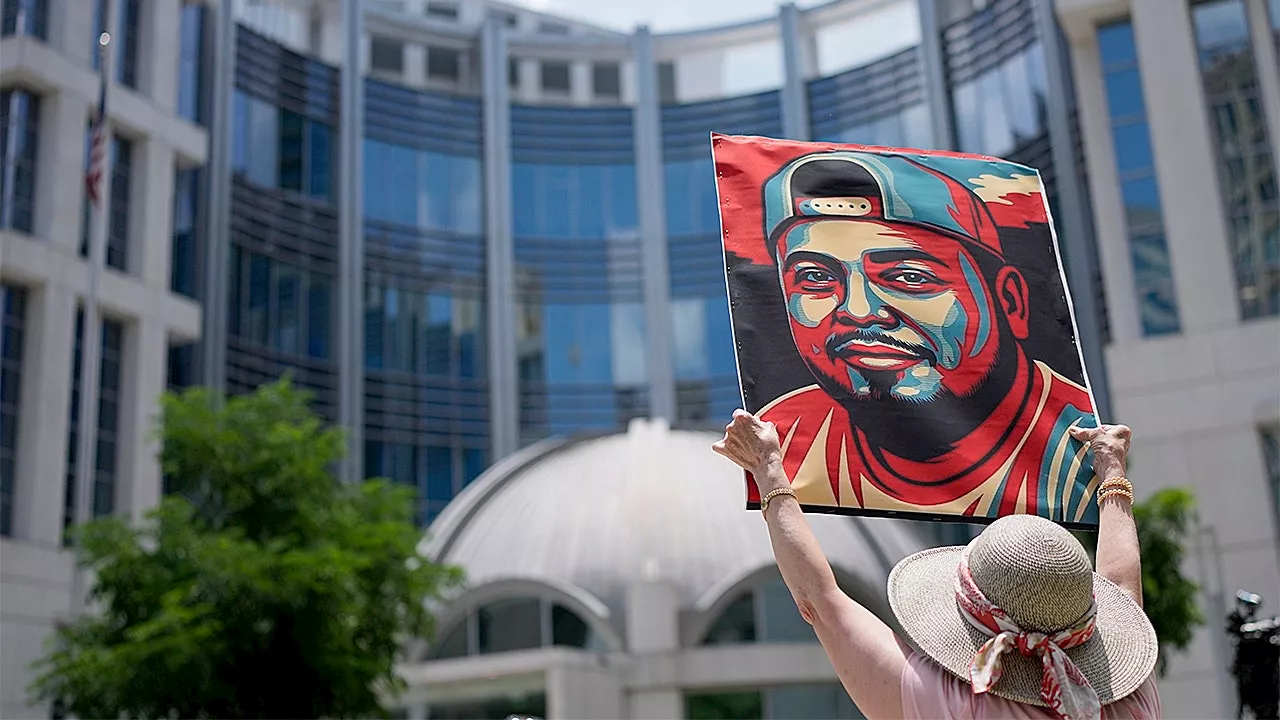A federal judge in Maryland is expected to issue a ruling soon on the deportation case of Salvadorian migrant Kilmar Abrego Garcia. Following a nearly seven-hour hearing, U.S. District Judge Paula Xinis indicated her intention to make a decision on the matter promptly. The case has drawn significant attention due to the complexities and inconsistencies surrounding the Trump administration’s deportation policies.
During the hearing, Judge Xinis expressed her frustration with the administration’s lack of preparedness. Specifically, she noted that the witness presented by the government, John Schultz, the deputy assistant director of Immigration and Customs Enforcement (ICE), appeared uninformed about critical aspects of Abrego Garcia’s deportation process. The judge criticized Schultz for his inability to answer basic questions regarding the government’s plans, including which countries were considered for Abrego Garcia’s removal.
Judge Xinis raised concerns about the administration’s claims regarding the willingness of potential third countries to accept Abrego Garcia. Initially, the Trump administration identified Eswatini, Uganda, and Ghana as viable options for his deportation. However, it became clear during the hearing that none of these nations had agreed to accept him. Eswatini had reportedly declined the request, and both Uganda and Ghana had rejected it outright.
The court’s proceedings revealed significant discrepancies in the administration’s statements. Judge Xinis questioned why the government did not explore alternatives, such as Costa Rica, which had expressed willingness to accept Abrego Garcia. This line of questioning highlighted the apparent difficulties the Trump administration faced in executing its immigration policies, particularly regarding the legal frameworks governing deportations.
The hearing also addressed Abrego Garcia’s request to be released from immigration detention while awaiting the court’s decision. The judge emphasized the need for clarity and transparency from the government, particularly in light of the numerous amendments and delays associated with the case. Judge Xinis’s concerns reflect a growing frustration with the handling of immigration matters under the previous administration, as this case exemplifies the legal challenges that have arisen from its policies.
As the hearing concluded, Judge Xinis took the case under advisement, leaving Abrego Garcia’s future in the United States uncertain for the time being. The judge’s upcoming ruling is likely to have significant implications for the government’s immigration strategies, particularly as it relates to deportations and the treatment of migrants.
This case serves as a reflection of the broader challenges within the U.S. immigration system, illustrating the complexities faced by migrants and the legal hurdles that arise from administrative decisions. As the judge prepares to deliver her ruling, the outcome of this case may influence future discussions surrounding deportation policies and their enforcement.






































































